On the morning of May 2, the Ministry of Information and Communications held a State Management Conference for April 2024. The conference was chaired by Minister Nguyen Manh Hung, with the participation of Deputy Minister Pham Duc Long, Deputy Minister Nguyen Huy Dung, Deputy Minister Phan Tam, Deputy Minister Nguyen Thanh Lam and leaders of agencies and units under the Ministry.
According to the report of the Office of the Ministry of Information and Communications, in the first 4 months of 2024, the total revenue of the information and communications industry is estimated at 1,365,758 billion VND. The total profit of the industry is estimated at 95,945 billion VND. The contribution of the information and communications industry to GDP is estimated at 308,249 billion VND.

To have a good virtual assistant, the data must be accurate.
One of the highlights of the conference was the discussion on the use of virtual assistants and chatbots to support foreign information services. This product was jointly developed by the Department of Foreign Information (Ministry of Information and Communications) and Misa Joint Stock Company since April 2023.
Unlike conventional virtual assistants, this is an AI chatbot trained with input data that is a carefully selected knowledge base of foreign information. The chatbot has been put into pilot testing on the website vietnam.vn.

According to Pham Anh Tuan, Director of the Department of Foreign Information, the virtual assistant for foreign information was developed based on the principle of narrow-scope AI. This chatbot can answer many questions about foreign affairs, thereby providing professional support for those working in foreign information in Vietnam.
At the conference, the Foreign Information Department did a live demo, users asked questions for the chatbot to answer, then everyone gave comments.
Sharing his views on how to make a virtual assistant, Minister Nguyen Manh Hung said that the key to AI is input data. The quality of a virtual assistant will depend mainly on the quality of the data used for training.
“ The assets of virtual assistant units are data, not AI technology. Good data will have good virtual assistants. Agencies and units that want to build virtual assistants must build their own knowledge system ,” the Minister said.

The narrower the AI, the better, the narrower the smarter. The best AI is AI specific to each person. Therefore, the Minister directed Misa to focus on developing narrow AI, starting from quality input data sources.
The platform must have tools for users to push new answers, in the direction of users actively teaching AI, thereby increasing the trust of AI users and reducing the support effort of the development unit.
Under the direction of Minister Nguyen Manh Hung, units within the Ministry of Information and Communications will develop AI for their own use, with a number of different platform providers for comparison. The Ministry of Information and Communications will take the lead in applying narrow-area AI.
Successful digital transformation requires effective approaches
According to the Minister, to have good state governance, in addition to regulations, there must be infrastructure, tools and human resources to implement it. For AI to come into life, there must be regulations. The Ministry of Information and Communications will draft a proposal on AI management regulations, based on international experience, then submit it to the Prime Minister and assign ministries and branches to implement it together.

Minister Nguyen Manh Hung reiterated 8 important points that the Minister had made at the 8th meeting of the National Committee on Digital Transformation. These are the conclusions of the Ministry of Information and Communications after 4 years of implementing digital transformation.
Accordingly, to effectively transform digitally, the first issue is "where is the money" and how to spend money in a feasible way, without causing accidents. Localities, ministries and branches do not understand what digital transformation requires and how to do it, so it is necessary to pilot it in one place, then expand it nationwide. The Ministry of Information and Communications will soon have a summary assessment of the implementation of online public services, smart operations centers and virtual court assistants to move towards expansion.
In the digital transformation era, shared platforms and central platforms have appeared. It is necessary to clarify what the central government does and what the local government does to make it easier to implement. In addition, for new, abstract, and never-before-done tasks, the Ministry of Information and Communications needs to have detailed instructions and hand-holding so that all places can do them.
Artificial intelligence has entered the stage of widespread application. In the second quarter of 2024, the Ministry of Information and Communications will introduce some sample applications, in the direction that the narrower the AI, the easier it is to train, the smarter it is, and the more effective it is. We have to train our own AI, with our own data.
Digital transformation requires digital transformation infrastructure, on which applications are built. The State must invest in building digital transformation infrastructure. In the second quarter of 2024, the Ministry of Information and Communications will clarify what the "stacks" of digital transformation infrastructure are, who will invest, and when it will be completed.
Digital transformation is taking place very widely, if not monitored, it will not be managed. According to Minister Nguyen Manh Hung, currently paper reports are very different from online reports, so connecting to online management is mandatory. Online management is digital governance, one of the four pillars of the digital economy. The Ministry of Information and Communications will also provide successful formulas for digital transformation in a concise and essential way so that ministries, branches and localities can easily understand and implement.
Source


![[Photo] General Secretary To Lam receives Japanese Ambassador to Vietnam Ito Naoki](https://vstatic.vietnam.vn/vietnam/resource/IMAGE/2025/4/3/3a5d233bc09d4928ac9bfed97674be98)


![[Photo] Special relics at the Vietnam Military History Museum associated with the heroic April 30th](https://vstatic.vietnam.vn/vietnam/resource/IMAGE/2025/4/3/a49d65b17b804e398de42bc2caba8368)
![[Photo] Moment of love: Myanmar people are moved to thank Vietnamese soldiers](https://vstatic.vietnam.vn/vietnam/resource/IMAGE/2025/4/3/9b2e07196eb14aa5aacb1bc9e067ae6f)





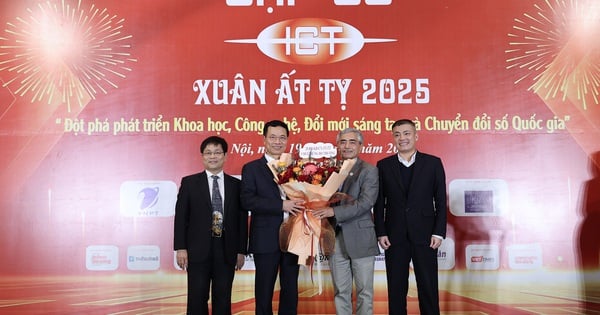






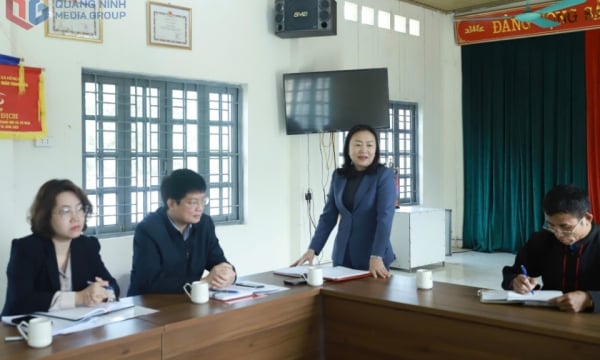
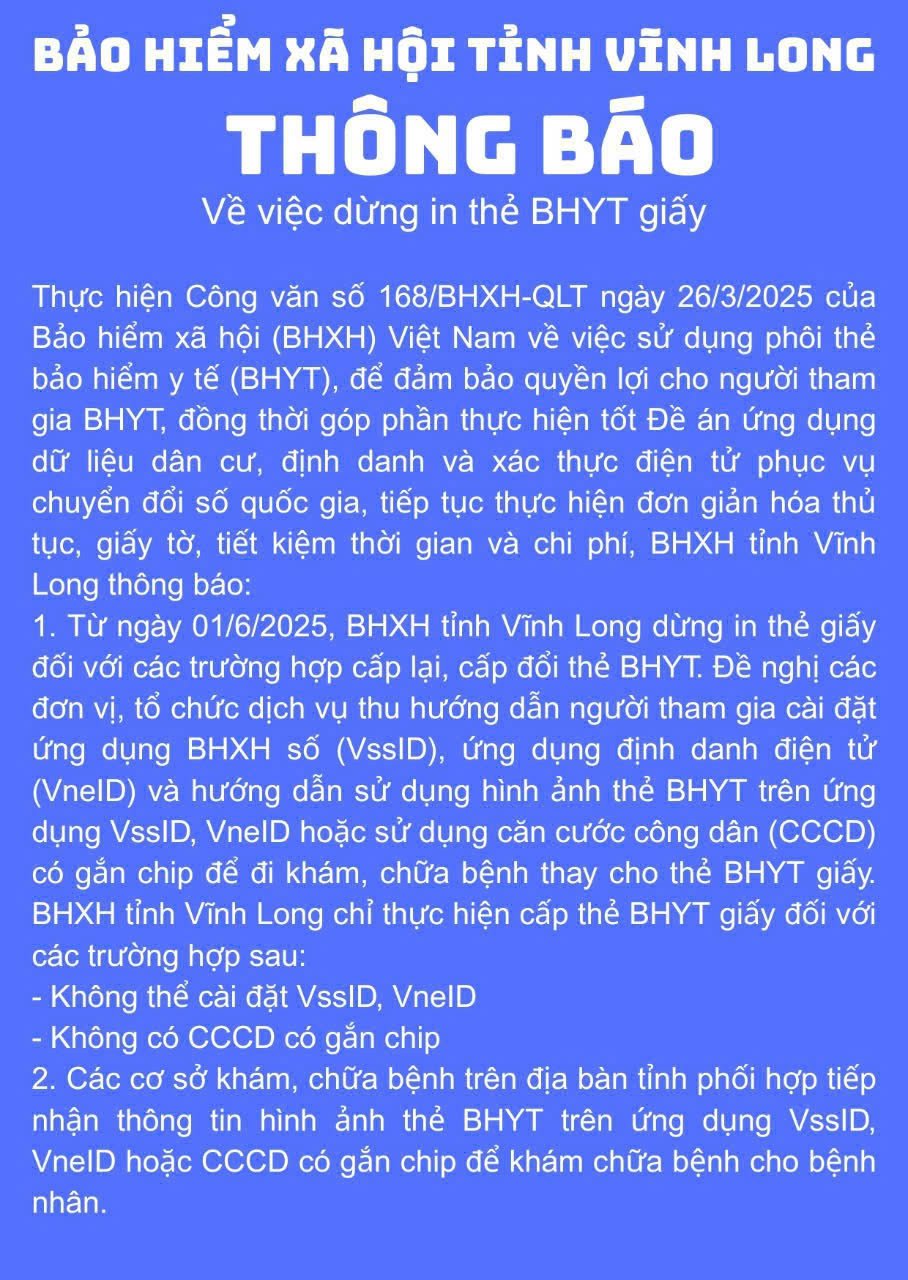
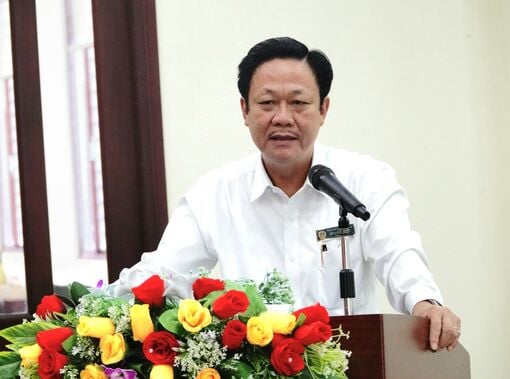
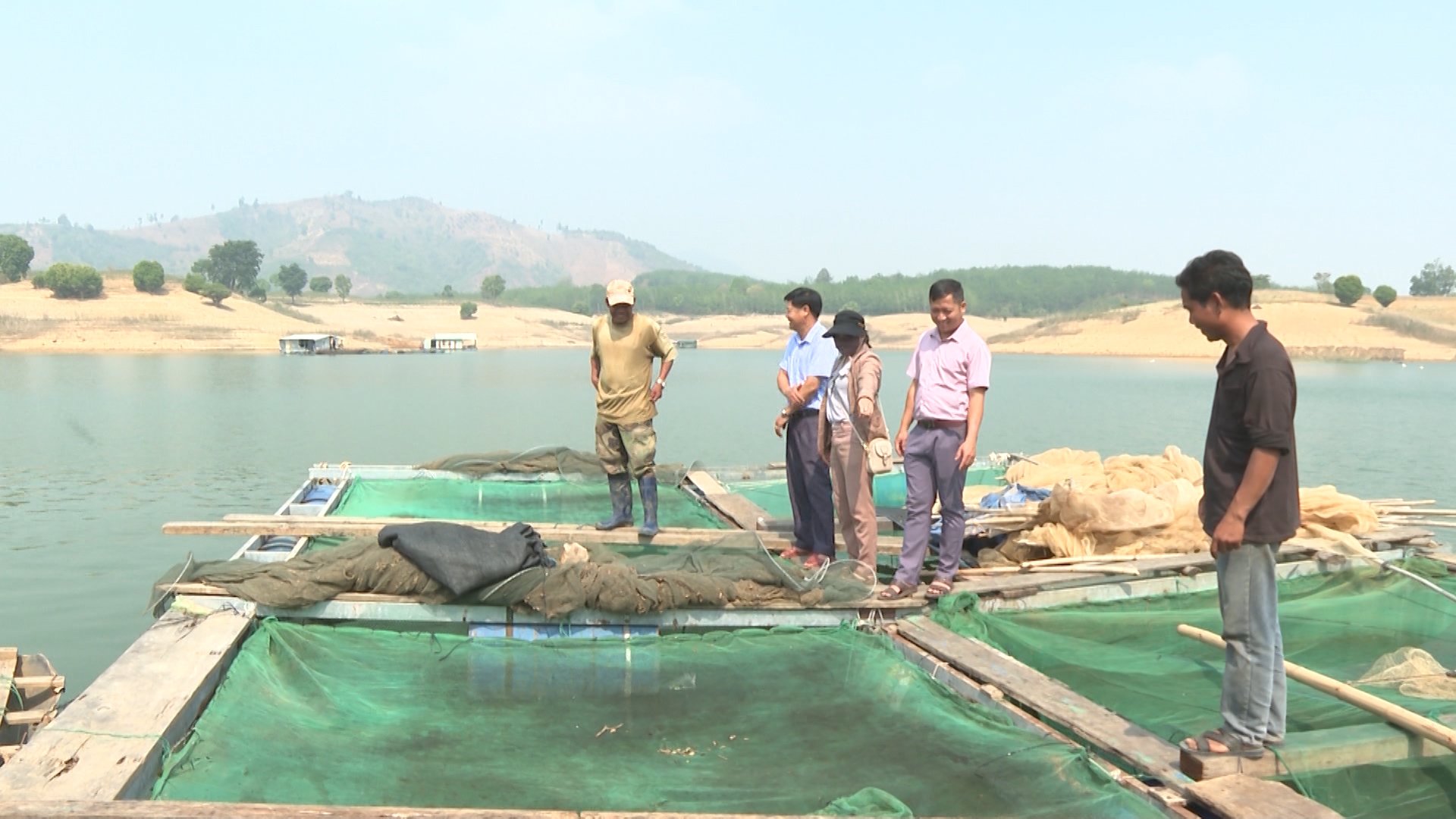
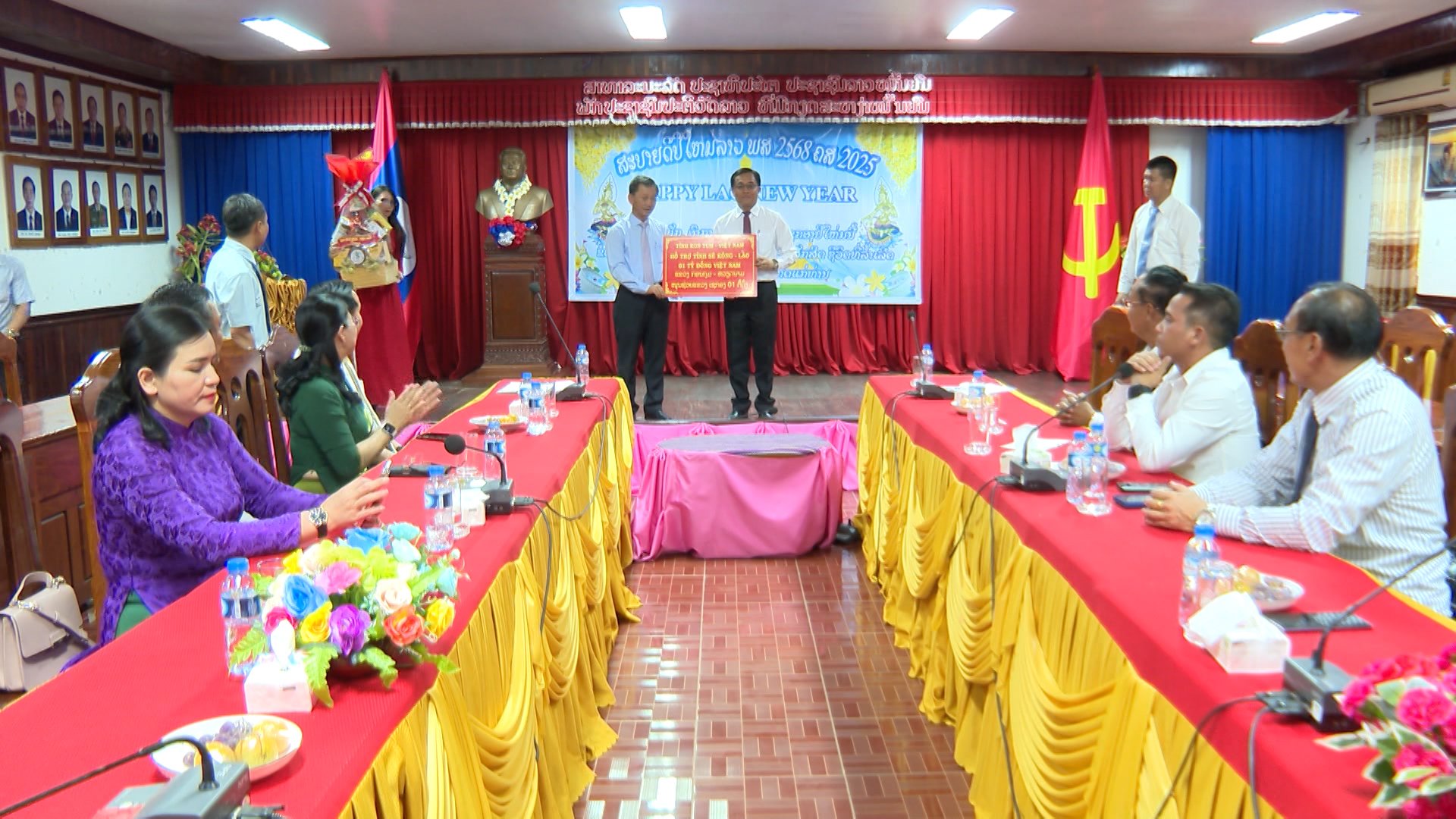






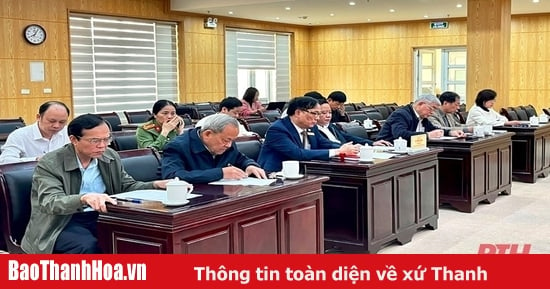

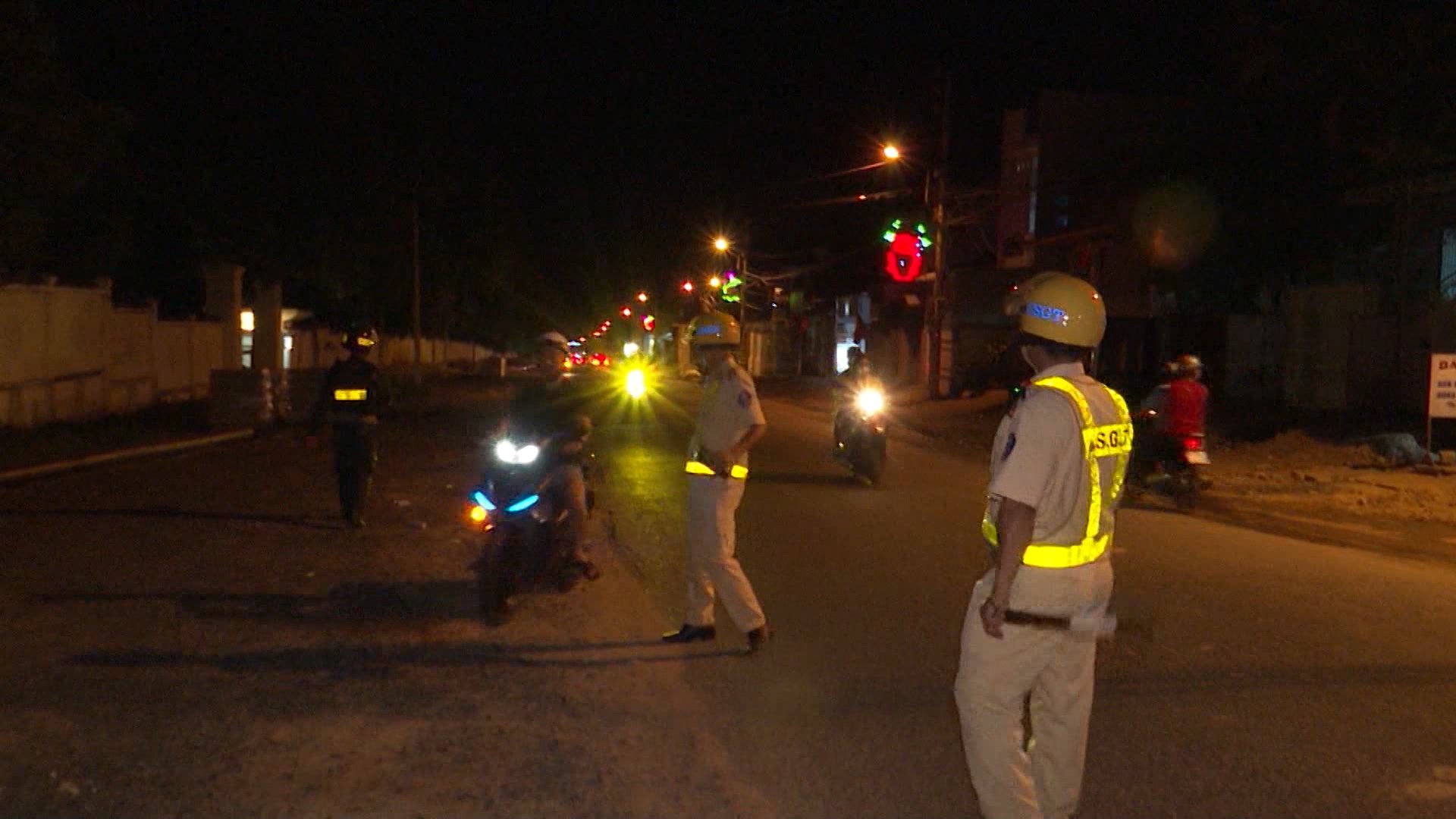
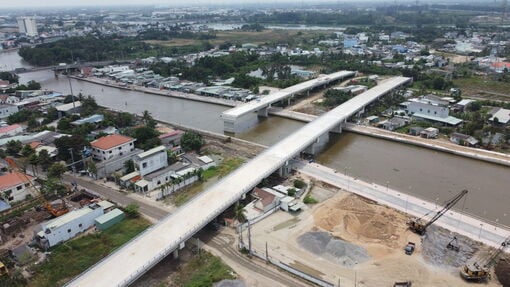
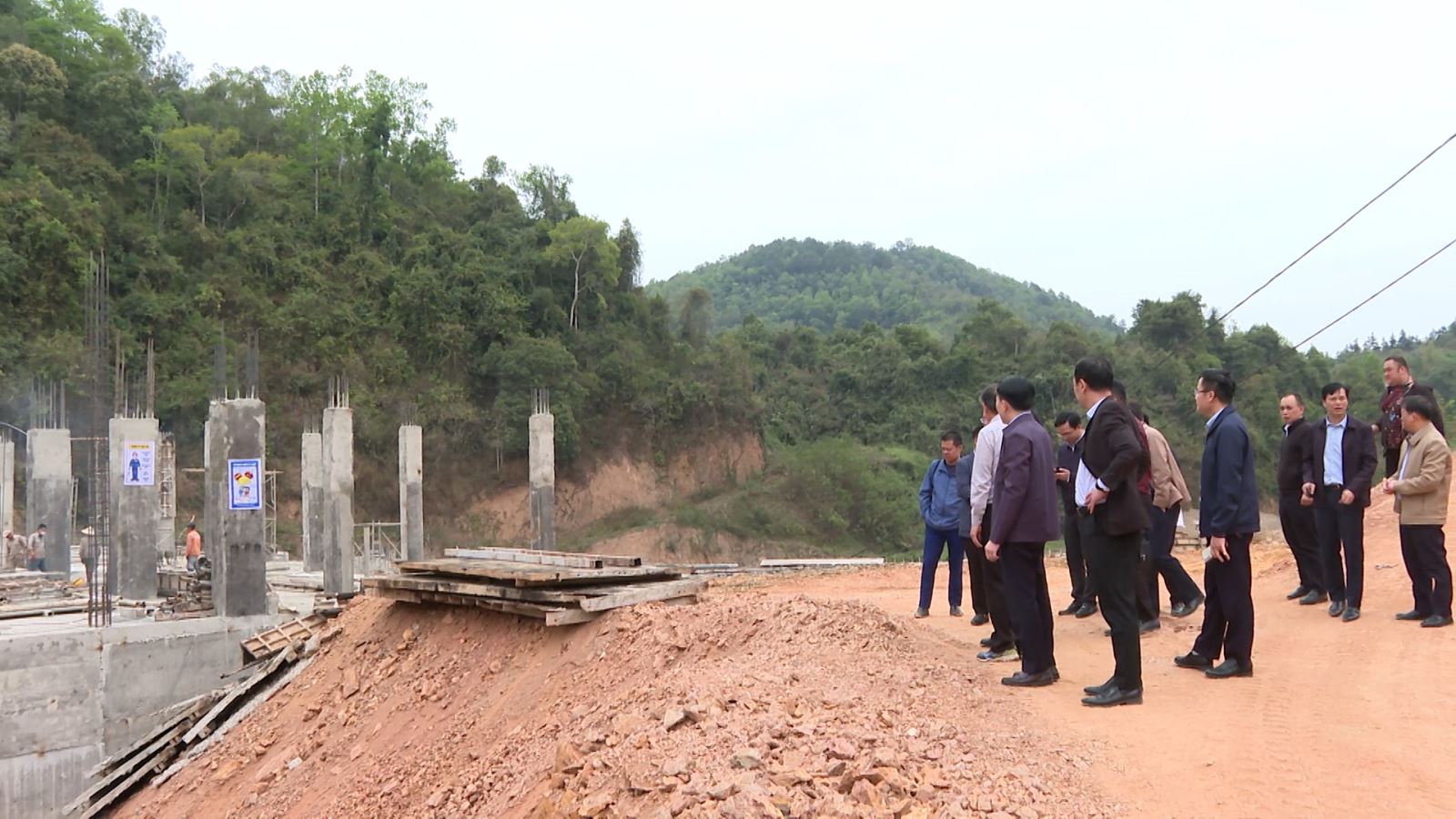






























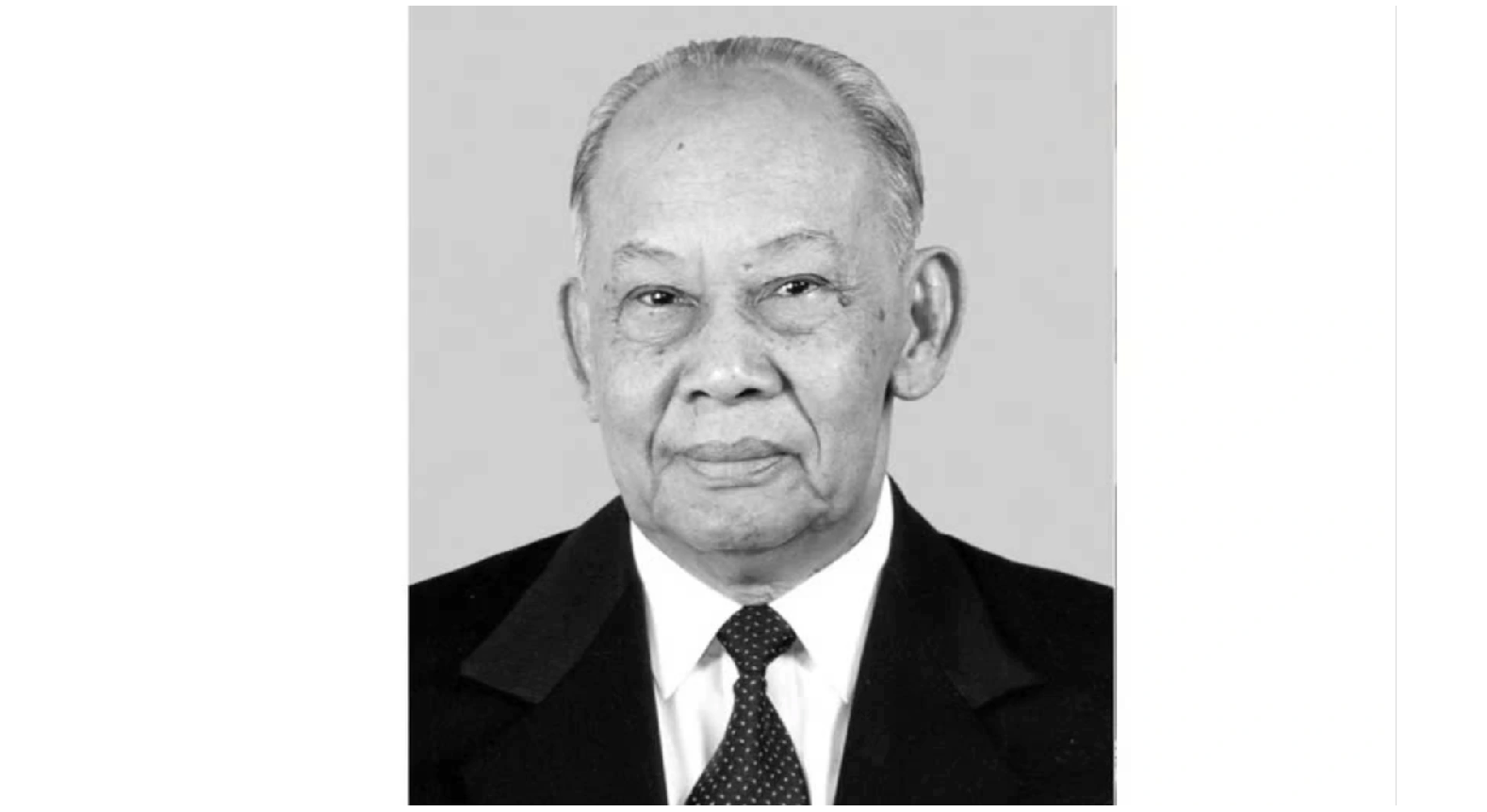






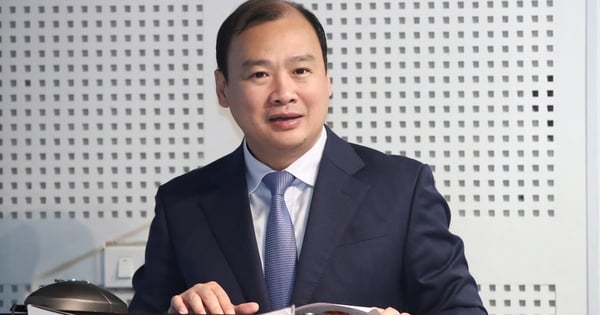

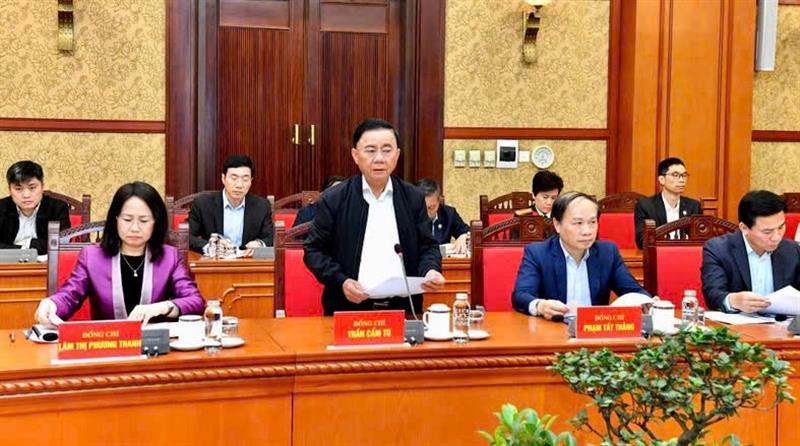




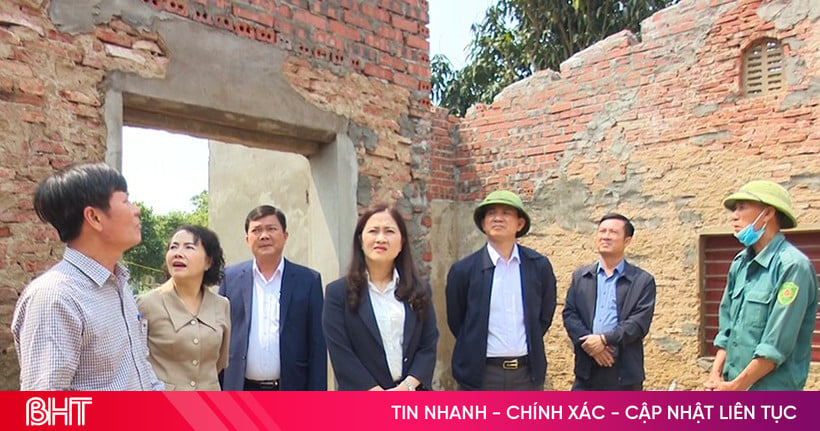















Comment (0)